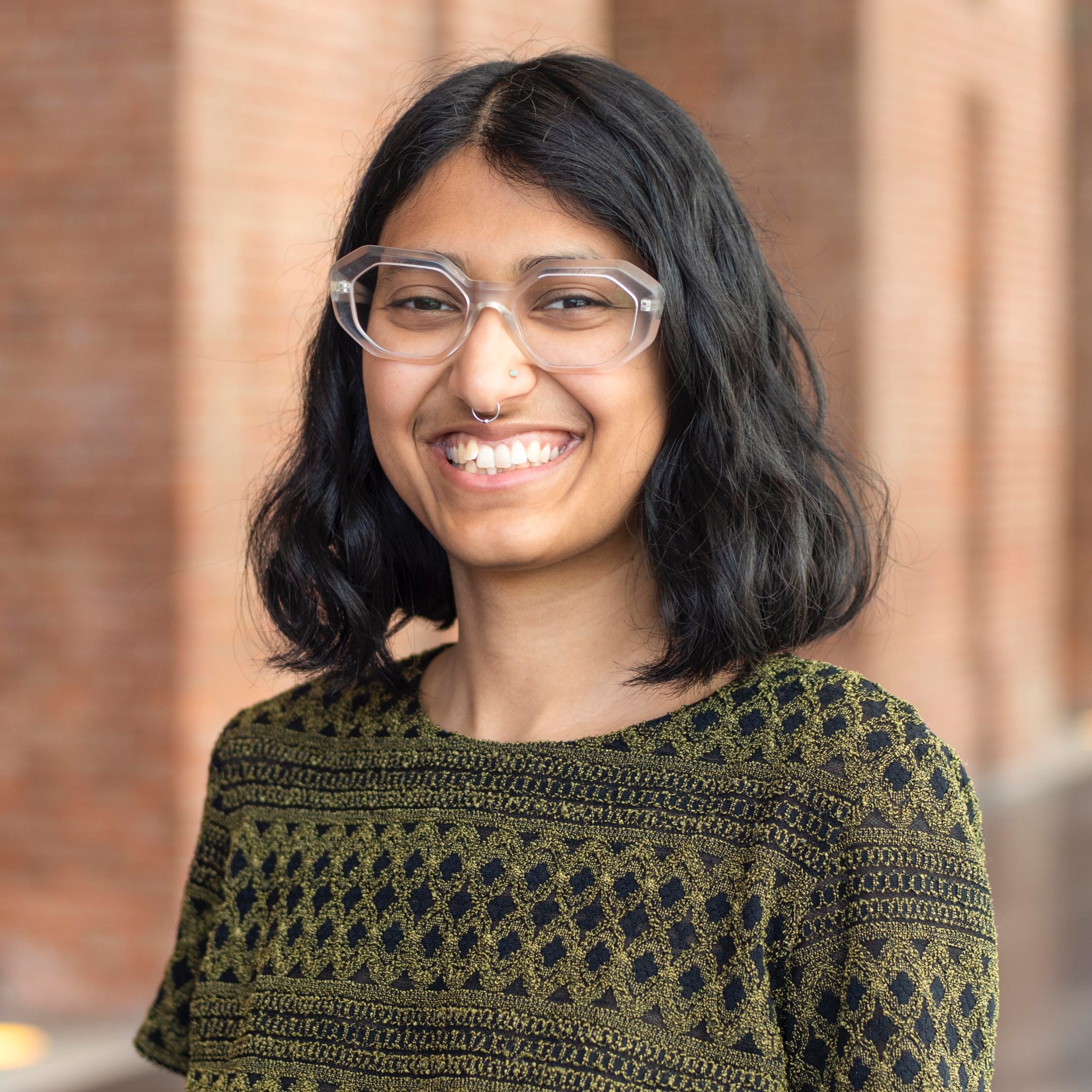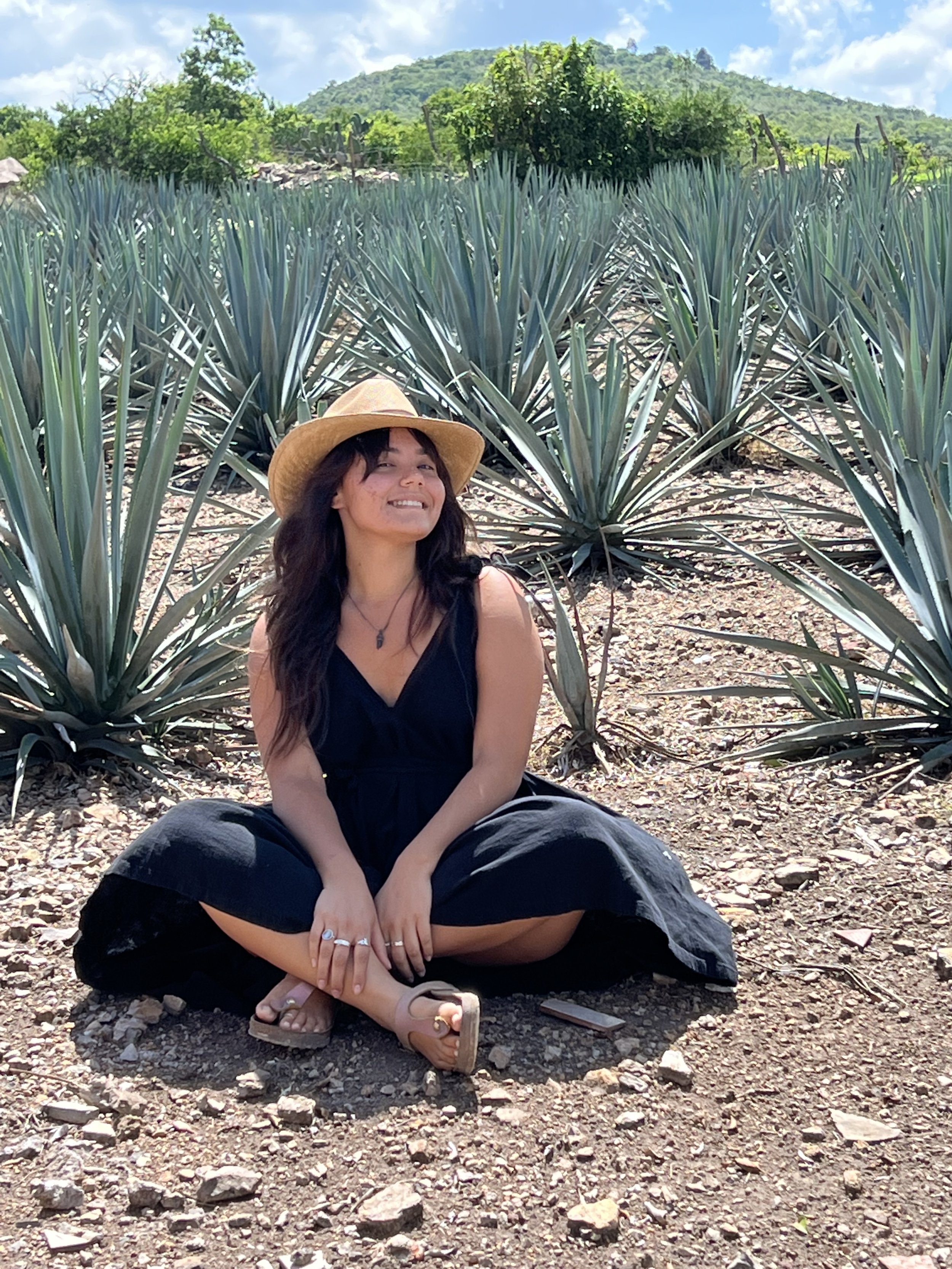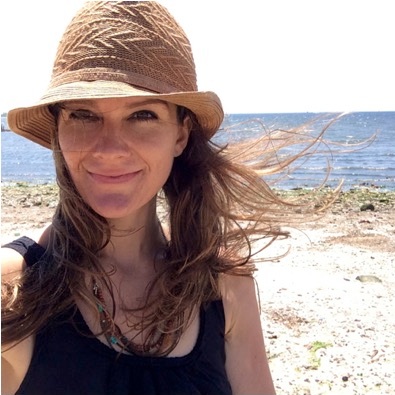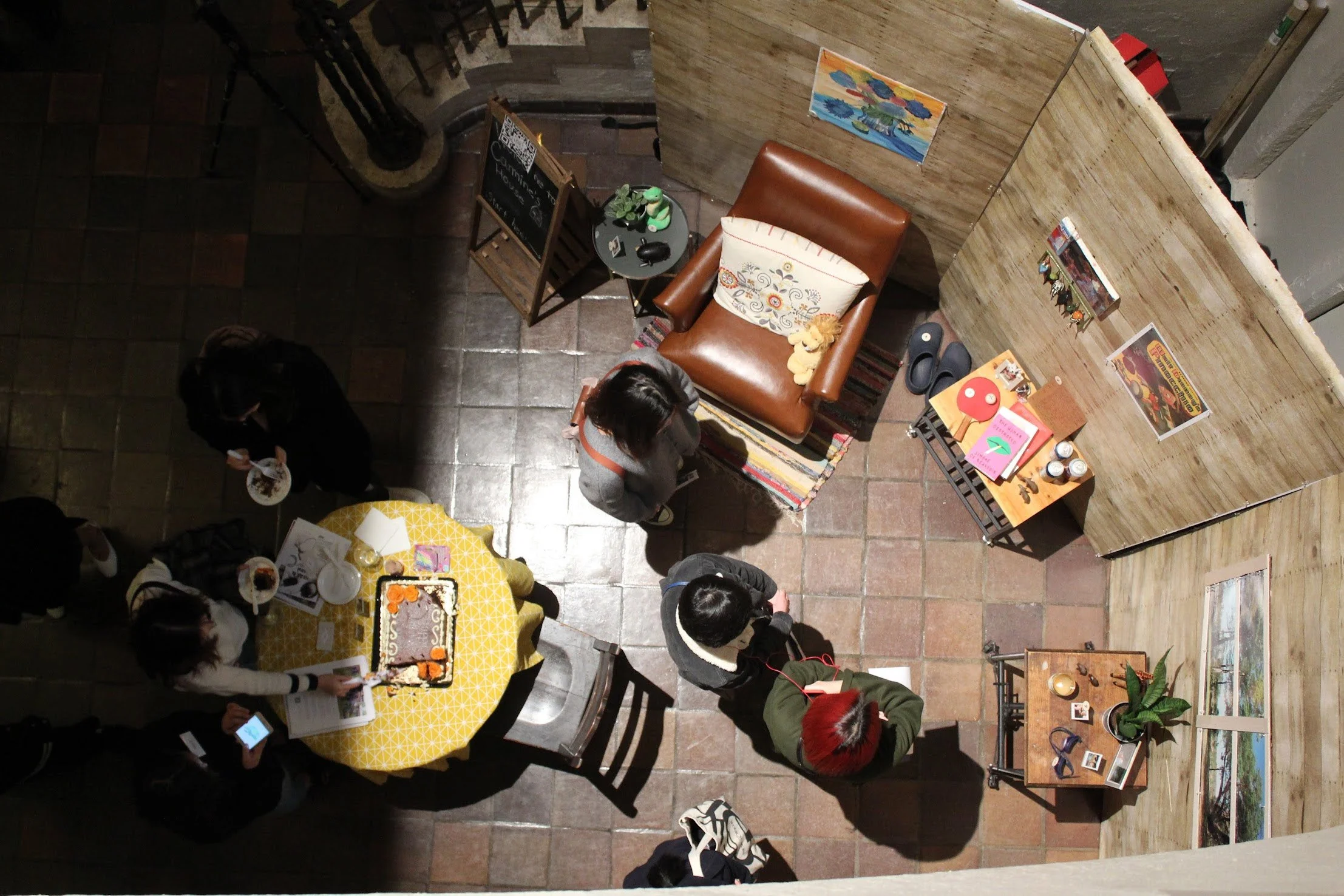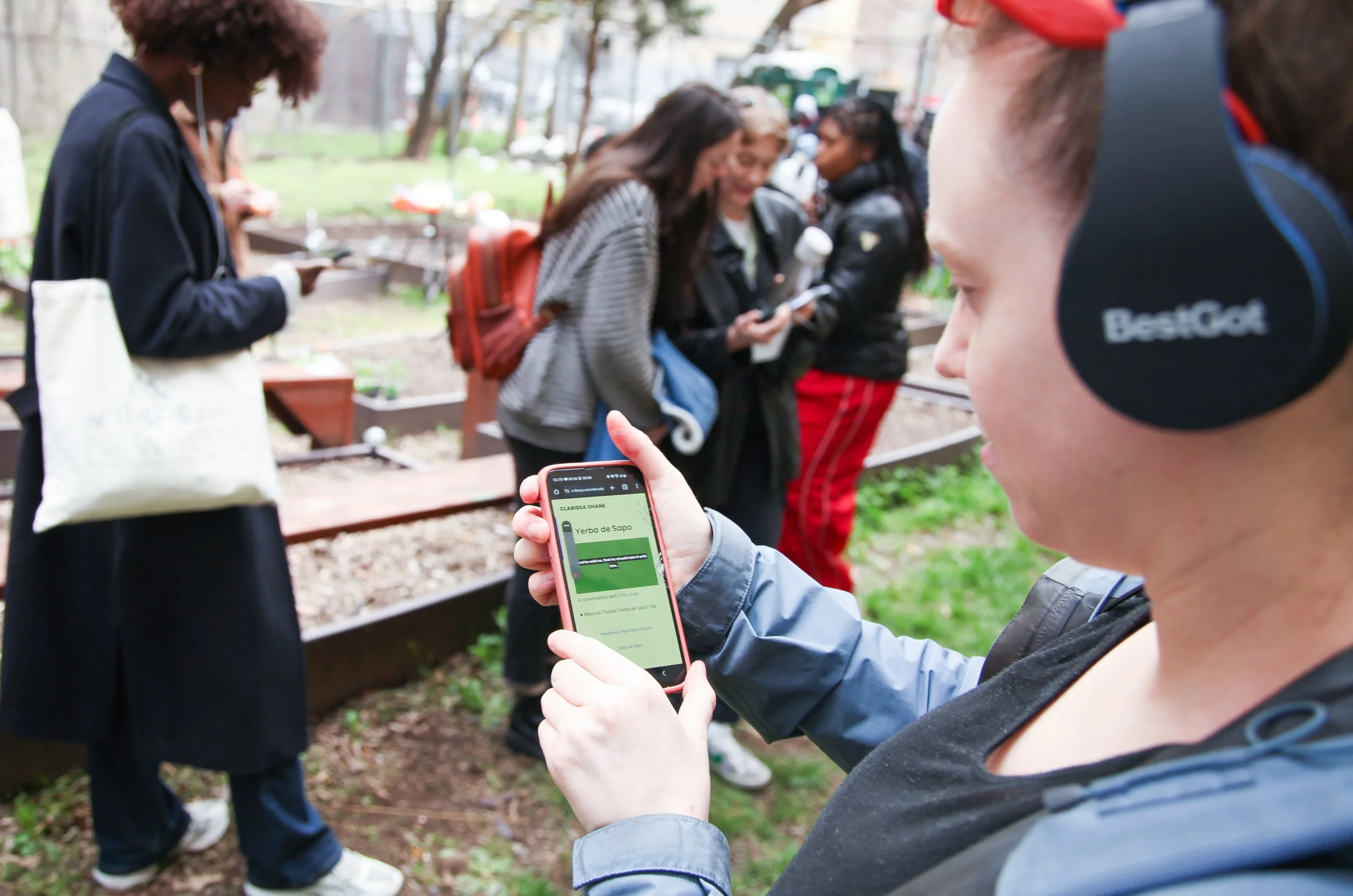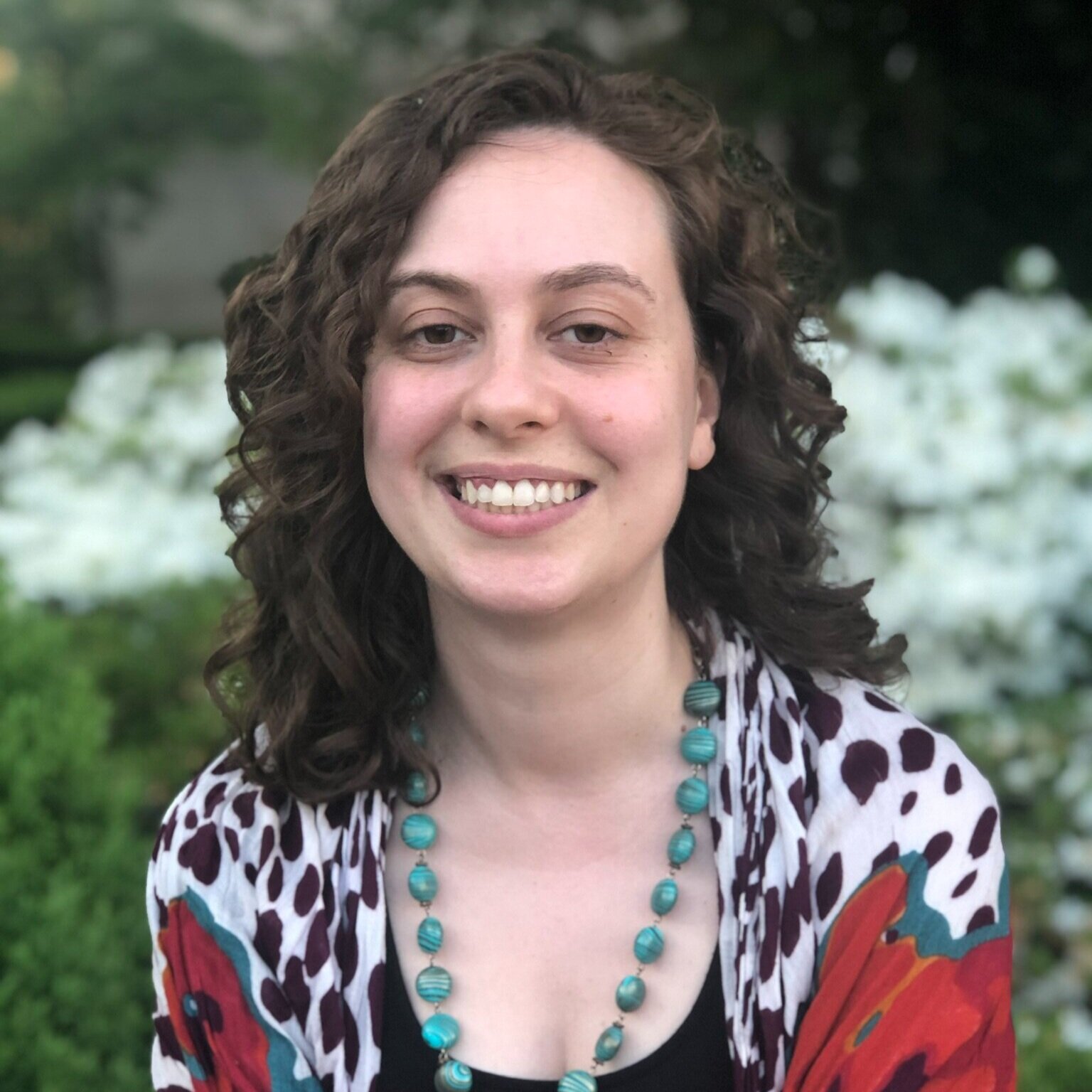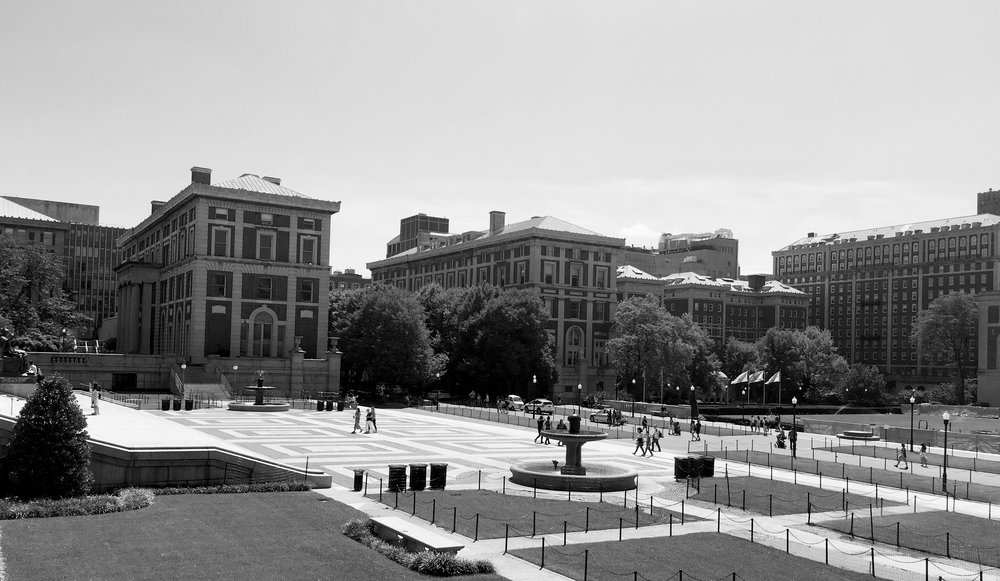The racist killings of Ahmaud Arbery, George Floyd, Breonna Taylor and now Rayshard Brooks, coming on top of 400 years of oppression and state-sanctioned violence against Black people in North America, fill us with grief and rage. While the historic uprising of the past weeks has been inspiring, exciting, and challenging, we know, and we are reminded, that the work of dismantling white supremacy is hard and it will be long. As we support and join with New York and global protests that challenge policing and systemic racism, we know there is also work for us to do from within a predominantly white, elite institution. I know this personally as a white person in a position of leadership.
Every fall I teach a class on doing oral history from an anti-oppression perspective to our new cohort. We talk about how this work has to happen both in our practices as oral historians, and in our work to develop the field of oral history. We talk about how, in our interviews, we have to ask white people about race, and not bolster the assumption of whiteness as a neutral identity. We talk about how it is not enough for our institutions to “welcome diversity” – we need to change so that we are no longer white institutions that welcome in people of color, but are truly led by people of color in ways that transform our work. All of this talk is important – as oral historians we know that listening and speaking can be transformative - and we do some work to back it up, but we see this moment as an opportunity to do more.
In the past few weeks I have been pondering how OHMA can deepen our work to challenge structural oppression, and white supremacy and anti-Black racism in particular. I asked myself, and our community, “What do we have, and what can we do?” With the support of our faculty and staff, I am sharing the following plans and thoughts:
We have authority, as one of the oldest and largest oral history programs in the world, and as an Ivy League institution. We recognize that privilege, even as we seek to undermine it. We can use that authority to challenge what counts as oral history, to lift up the voices of Black, Indigenous, and people of color (BIPOC) oral historians. In our syllabi and in our public programming, we commit to continuing and intensifying our work to center the ideas, practices and writing of Black, people of color, and Indigenous oral historians.
The majority of our students, the speakers in our Thursday evening public programming series and the instructors in our Saturday workshops are BIPOC. We direct most of our financial aid to BIPOC students. This is intentional, and we pledge to continue it.
Some of our syllabi, including mine, too much reflect the overall predominance of white voices in the oral history literature. We can and will do better. Over the summer, we will be working to center the knowledge of BIPOC more in our syllabi.
We have a space to think. The training, experiences and identities of the people facilitating those spaces in our classrooms will shape the conversations we have.
Our faculty has not represented the diversity of our world, or of our student body. We have to do better. For the 2020-21 academic year we are thrilled to welcome Sara Sinclair and Zaheer Ali to our faculty. Sara will be teaching Indigenous Oral Traditions and Anti-colonial Oral Histories and Zaheer will be teaching Listening After the Interview: Oral History as Archive & Historical Method.
As a team, our faculty and staff will be participating in an anti-oppression training this summer, with a particular focus on understanding and fighting anti-Black racism. We will work as a group to develop shared strategies across our classes so that our incredibly diverse students can learn from and with each other. We must be able to vigorously challenge each other and open ourselves to receiving such challenges while also not allowing microaggressions and other expressions of white supremacy and structural oppression in our classes.
We are teachers. It has been an extraordinary experience for us during this pandemic to take our public training workshops online, and see the large global audiences we have been able to serve and connect with.
This summer, we will be offering a free, public training series sharing a range of decolonized and anti-oppression approaches to doing oral history work. Donations will be welcomed, and anything we raise beyond the cost of paying the instructors will go to a grant for an incoming Black student. Stay tuned for registration info for these later this month.
We have a community. On our student and alumni listserv some of us have been sharing how we are contributing to the work of challenging white supremacy, from protesting in the streets to organizing in our communities to having difficult conversations with family members. This has been inspiring.
For many in the OHMA community, the work of dismantling structural oppression and decolonizing our world has been and will continue to be central to our work. We invite you to check out some of these projects.
As a program, we commit to supporting spaces for Black, Indigenous and people of color staff, students and faculty to convene and build community amongst themselves, in whatever configurations and for whatever purposes they find most useful. As a leader, I welcome and commit to listening carefully to any ideas, requests, and critiques that come out of these spaces. We also commit to an expectation that white students also take responsibility for this shared work
As oral historians, our work is to listen. We understand that dialogue itself can be a site where power is grappled with and contested. As educators, we create supportive spaces where we can all be challenged to take risks, to grow, and to change. We pledge to use these skills and our resources to engage actively in the long, hard, essential work of undoing white supremacy and colonialism, and challenging all forms of structural oppression.
Black Lives Matter!
In solidarity,
Amy Starecheski

